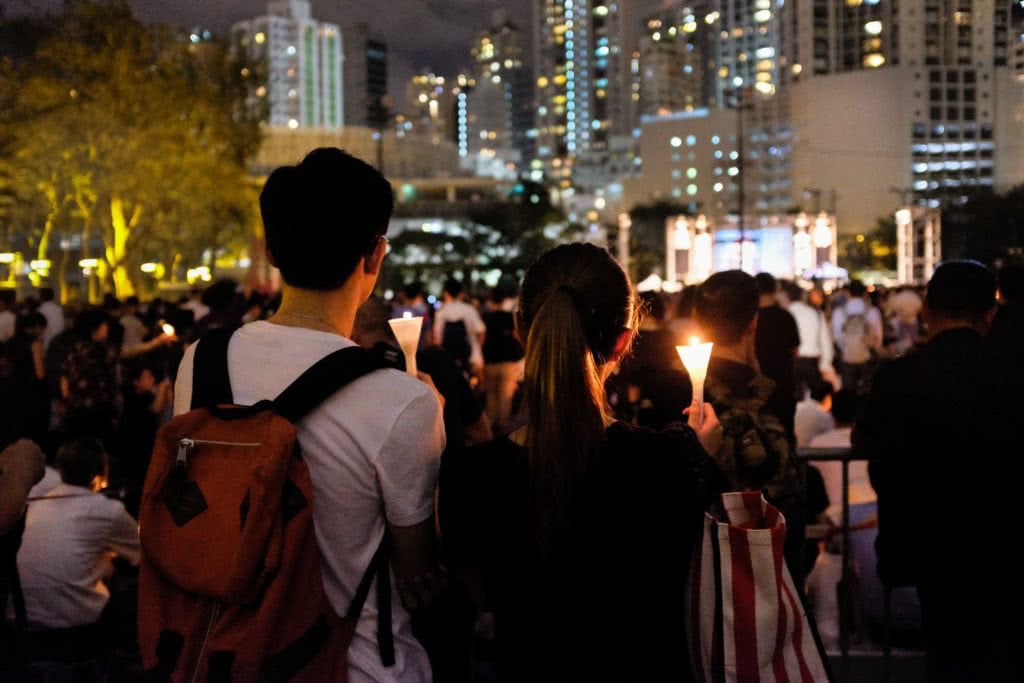Managing anxiety about the horrible things you can’t control in the news – Psychology Today

The news can make managing anxiety pretty tricky these days. Few things are as challenging as feeling a gut punch every time you tune into your newsfeed, which can make it hard to muster resilience and risk compassion fatigue.
Mass shooting, outrageous crimes, record global heat, and sea changes both in our oceans and our democracy. These days the news can deliver more to us than just information: it can deliver anxiety. With so much suffering and strife in the world, there seems hardly a day goes by when the news doesn’t expose us to more tragedy and loss. This can leave us with a feeling of angst and unease that can erode our sense of security.
News anxiety is not a new phenomenon. With our unprecedented capacity to binge on information and real-time media coverage, we have never had more information to process. The more we read and watch, the more we care. The more we care, the more we want to keep reading and watching. As we engage, we feel closer and closer to what is happening, even if we aren’t there, or don’t know anyone affected.
We can’t help but care and feel deeply about what we see. Suffering stirs our compassion, and drives feelings of angst and frustration that are real, though confusing to process constructively. Understanding our vulnerabilities, and responsibilities, can help us take control next time we can’t pull ourselves away from the news.
These five steps can help keep you managing anxiety about the world around us.
- Understand anxiety means you care: A clarion call for focus, anxiety helps pull your awareness and energy into the places you care about most. There are so many life luxuries we take for granted – most notably our safety, shelter, and day to day life as we know it. When catastrophe strikes and threatens the pillars we rely on, our sense of safety can become compromised. Recognize this sort of anxiety as a reflection of your compassion and capacity to put yourself in the shoes of the affected. Feeling empathy for their suffering means you care.
- Recognize certain events may touch a nerve for you: We all react to the world through the lens of our experiences, and many of those experiences aren’t necessarily pleasant. Events that cause anxiety can be accelerated by memories or past experiences of similar situations, or feelings. Our brain is designed to remember these events, and protect us from future situations that could harm us. When our anxiety fires, it is often warning us of a similar situation to something we’ve experienced before.
- Look for the helpers: Fred Rogers has famously attributed this wise advice to his mother’s early teaching, offering that in times of catastrophic distress, helpers will always be there in the sidelines making things better. “If you look for the helpers,” he assures, “you’ll know that there is hope.” In the face of despair and tragedy, what we need most is hope, and it can be found in human compassion and kindness, always present in times of great need.
- Channel anxiety into action: Whether you give of your time, support a friend, raise awareness, or donate money or needed supplies, getting involved gives your anxiety an outlet, and reduces distress. Research shows stress can propel us toward connection and action, a response dubbed the tend and befriend response. Doing something proactive and helpful can go a long way toward diminishing your anxiety.
- Consider a ‘news diet’: With the 24-hour news cycle, chances are good that something horrible is happening somewhere almost all the time that can be overwhelming. The key to responding compassionately is to protect your limits of emotional stimulation, and limit the amount of stimulation you take in. Watching nonstop coverage of a horrible situation keeps you stuck in the problem, can be emotionally overwhelming, and can potentially threaten your mental health. Aim to consume your personal news minimum – enough to stay informed without risking overwhelm.
It’s impossible as a caring person not to be impacted by the news and the horrible things that keep happening around the world. Yet it can be hard to channel this distress into useful action.
Taking control is one the most powerful things we can do, and it is the starting place of coping with anxiety. Take control of your stimulation, how you think about it, and what you do. In this way, you can powerfully control the personal impact of the uncontrollable, and reclaim a sense of hope.
Looking for more help in understanding anxiety? Learn more about my book Hack Your Anxiety and access free tools to help you manage the fear and anxiety going around the world today.
This article originally appeared on Dr. Clark’s Psychology Today blog, Hack Your Anxiety, and is reprinted with permission.
Photo by Vincent Chan on Unsplash